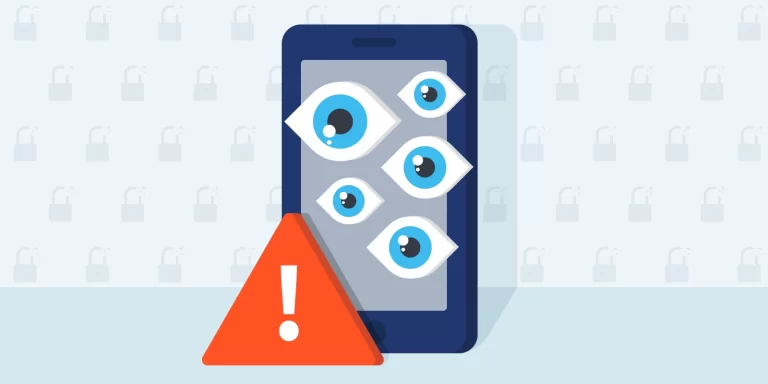Description:
In our digital age, smartphones have become an integral part of our lives, providing us with a multitude of functionalities through various mobile applications. One such feature is texting, allowing us to send and receive SMS messages conveniently. However, it is crucial to be aware of the potential risks associated with granting texting permissions to apps. While this permission offers convenience, it also raises concerns about privacy and security. This article aims to shed light on the potential risks involved and provides recommendations to safeguard your privacy.
Granting the Texting permission to apps enables them to access and interact with your SMS messages. These apps can view your messaging history, including conversations, contacts, and other sensitive information. Moreover, they gain the capability to send and receive SMS messages on your behalf, potentially without your knowledge or consent.
Impacts :
Privacy Concerns: Granting texting permissions provides apps with access to your private conversations, which may contain sensitive and personal information. This data can be exploited by malicious actors for various purposes, including identity theft, targeted advertising, or unauthorized disclosure.
Unauthorized Activities: Apps with the Texting permission can send messages without your knowledge or consent. This opens the possibility of unauthorized and potentially malicious activities, such as sending spam messages, subscribing to premium services, or engaging in phishing attempts.
Data Breaches: If an app with Texting permission falls victim to a data breach, your messaging history and any associated sensitive information could be compromised. This can lead to significant privacy violations, identity theft, and potential financial or reputational damage.
Trust and Reputation: Granting unrestricted Texting permissions to apps can erode trust in app developers and the broader ecosystem. Incidents of abuse or unauthorized activities can tarnish the reputation of the app and negatively impact user confidence in mobile platforms.
Preventions & Mitigations :
Evaluate App Permissions: Before installing an app, carefully review the permissions it requests. Question the necessity of the Texting permission for the app’s core functionality. Only grant this permission to trusted apps from reputable developers.
Review App Ratings and Reviews: Consider user feedback and ratings when deciding to grant permissions. Poorly rated apps or those with a history of privacy concerns should be approached with caution.
Regularly Review App Activities: Periodically review the activities of apps with Texting permissions. Check for any suspicious or unauthorized messages being sent from your device. If any discrepancies are found, consider revoking the permission or uninstalling the app.
Keep Software Updated: Regularly update your device’s operating system and apps to ensure you have the latest security patches. These updates often include bug fixes and security enhancements that protect against potential vulnerabilities.
Use Security Software: Install reputable security software on your device to detect and prevent potentially malicious activities. Mobile security solutions can help identify and mitigate risks associated with app permissions.
Practice App Hygiene: Be selective when granting permissions and limit them to what is essential for the app’s intended purpose. Uninstall unused or unnecessary apps to reduce potential privacy and security risks.
Take Away: While granting Texting permissions to apps offers convenience, it also poses potential risks to your privacy and security. By understanding these risks and following best practices, you can take proactive steps to safeguard your privacy. Stay vigilant, review app permissions, and regularly assess app activities to ensure you maintain control over your messaging history and protect your personal information from unauthorized access. Prioritizing privacy and practicing good app hygiene will help you make informed decisions about granting permissions and maintain a safer mobile experience.





